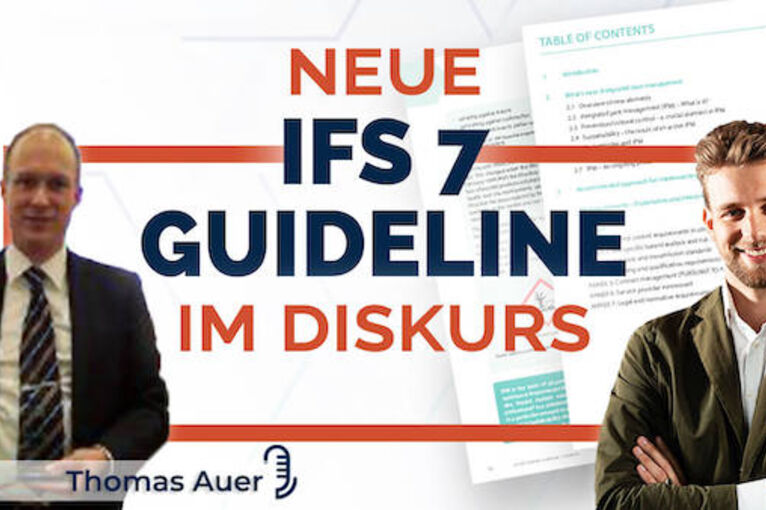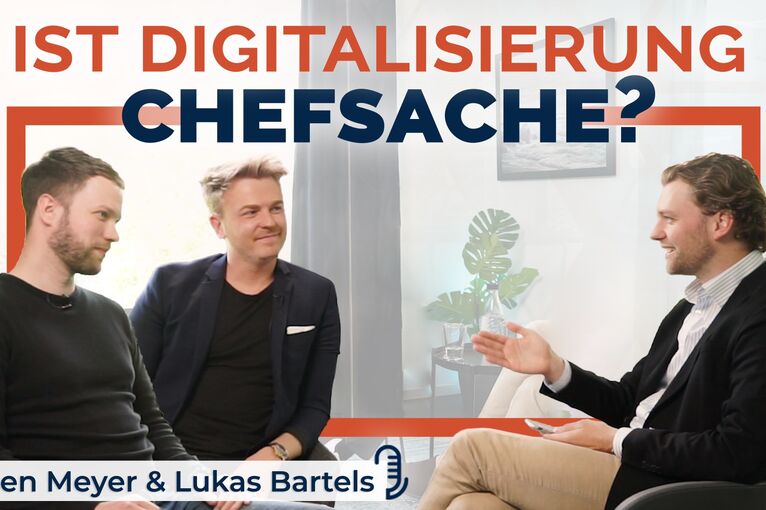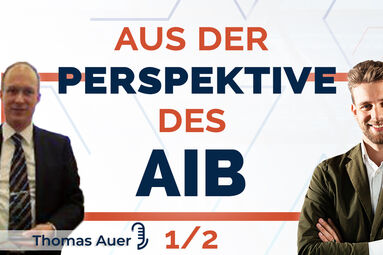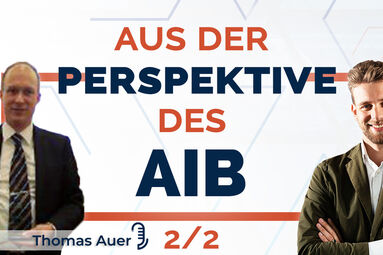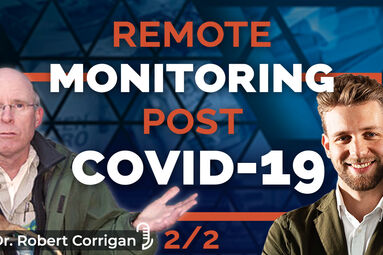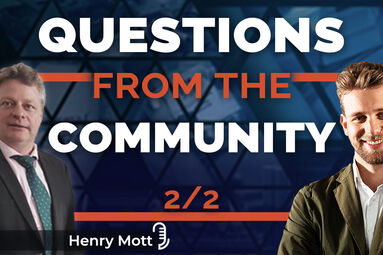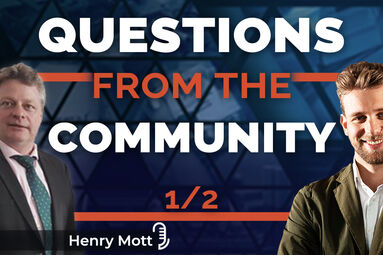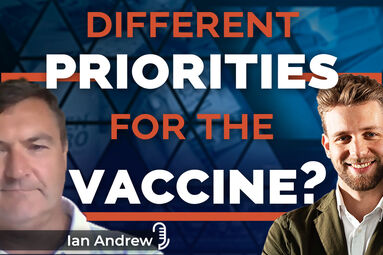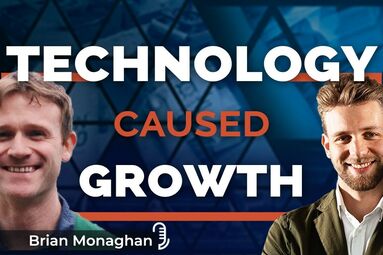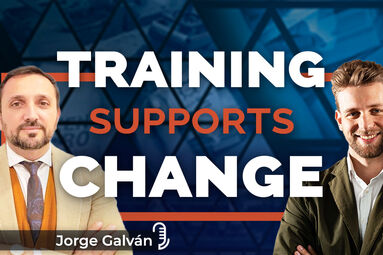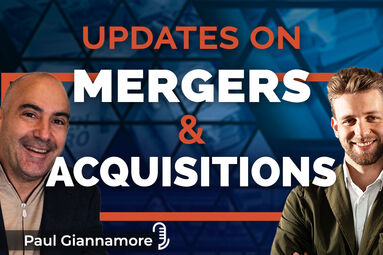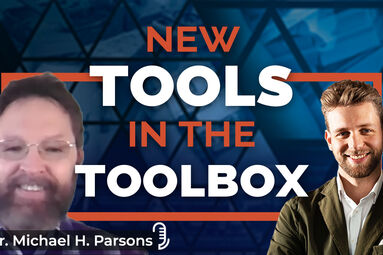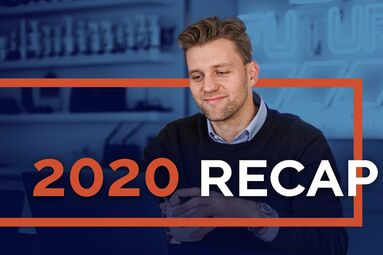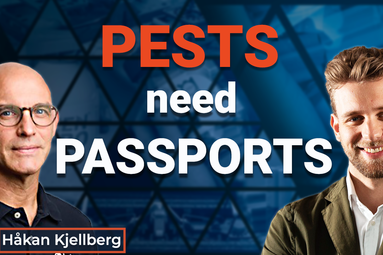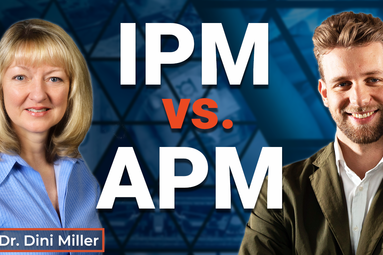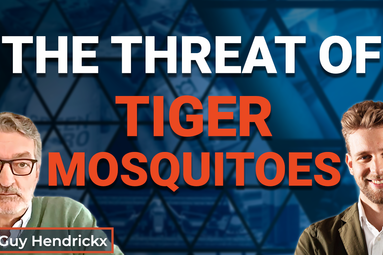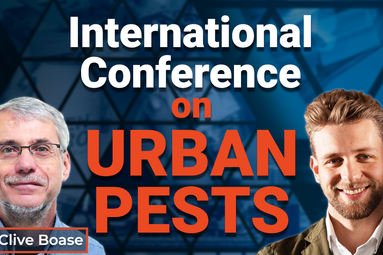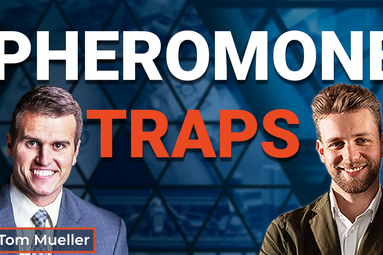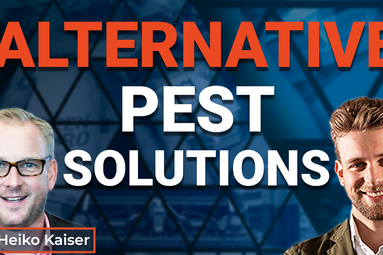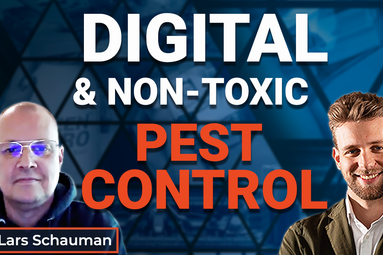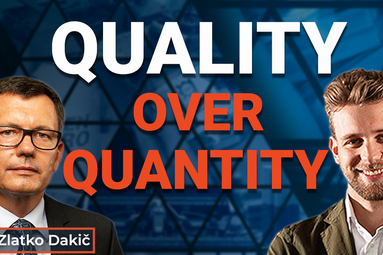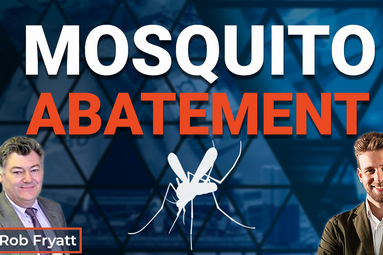On this occasion our Talking Pest Management (TPM) host Daniel Schröer, holds a riveting discussion with industry leader Dr Bobby Corrigan.
This interview is broken into two – Part 1 here and Part 2 posted next week. Watch it here.
Dr Robert (Bobby) Corrigan is one of the world’s most renowned urban rodent experts. He is president of RMC Pest Management Consulting based in New York City, USA and has more than 30 years experience working within the industry.
Very topically, the session starts with a discussion as to how covid has affected the industry over the last year and what may lie ahead. In many respects we are somewhat isolated as we are judged as essential – as an industry we will be OK despite the loss of revenue from commercial accounts such as stores, restaurants and hotels – industries that depend on people volume.
However, as Bobby explains, there is a silver lining, as everyone is now virus conscious. The public is more aware of the relationship between micro-organisms and pests. It may have taken a while, but people now recognize that this virus came from wild animals – such as rats and mice and other vermin. People are increasingly saying they do not want these pests coming into our cities and bringing with them any possibility of viruses getting closer to us. Bobby cites a program he is working on with a large university outside New York which wants to keep any wild animals off its campus – as once pests are on campus it is too late, as any pathogenic viruses they are carrying will now be on campus as well. Although he does emphasize that there is no certainty that every wild animal is always carrying a pathogenic micro-organism.
Daniel sums this up, stating the aim must be: “An increase in sensitivity and a decrease in tolerance to pests.”
Viruses mutate faster passing through the various pest species and onto to humans, faster than we can formulate new vaccines. Not everyone is getting vaccinated, and if viruses replicate so quickly and have pests to pass them on, we might not get to herd immunity. Bobby states, “The concern is we ourselves might be the greatest threat to our own recovery.”
Prevention better than cure
Clients are increasingly requesting ‘preventive pest management’ – prevention before a problem occurs. As an industry we have been talking for years about Integrated Pest Management (IPM) – which is in effect the same, but expressed by the industry as the acronym IPM which they struggle with. IPM is prevention…. it’s a no brainer.
Looking to the future of the industry, how will things be in three, five or ten years? This too is a no brainer. The industry will be relaying on prevention – prevention has many different dynamics – the future is not going to be reliant on lots of different chemicals.
Bobby mentions a very recently published paper that records residues of anticoagulant rodenticides showing up in bald eagles and golden eagles in the US. Whilst residues have already been found in carnivores, hawks and owls in the US and Europe, this is one of the first formal scientific reportings for eagles. How is this happening? Prevention and self-regulation must be the way forward. There is nothing worse than bad legislation organized by people who do not understand the various dynamics associated with the science of pest management.
Looking in his crystal ball
Looking into his crystal ball, Bobby can see how the fear of covid transmission may throw up some severe issues for pest professionals. Take as an example, a restaurant – the owner may ask the professional how many sites he has already visited and what were their covid procedures? Protocols need to be developed which may well make servicing increasingly difficult or inconvenient – with a likely result of increased pricing structures.
Evolution key
The industry will need to evolve. Events, such as this TPM discussion across two continents, are one example of evolution. IoT and the use of remote monitoring is very much another evolution. Are remote monitors going to replace technicians? Are home owners going to buy remote monitors off Amazon and then only call in an ‘Uber type service’ when deemed necessary? Bobby agrees this is a possibility, but it would be a total paradigm shift for our industry which is based on quarterly or monthly servicing. If a number of sensors are placed, in say a home or a restaurant, and they don’t alert, why would a customer want a technician calling?
Bobby predicts a fine line will need to be walked – between what a remote sensor can’t do and the human. A human mind combined with a computer is formidable – so supplement the technician with the remote sensor. But will the use of sensors pose threats or rewards to pest control’s revenue streams?
Remote sensing the way forward?
As to the future, in our covid and PR sensitive world, is the industry going to increasingly embrace remote sensing? To his own surprise Bobby admits that acceptance and uptake of sensors has been remarkably slow. To be progressive, sensors and technicians must work together. He quotes the practical example of a technician who might only be on site for an hour, so only assesses what he can see in that hour and may end up with a false negative as to what was spotted, or not spotted, in that hour. For the rest of the time in between service visits on any site, the pest has the site all to itself. Yet by using remote sensors the pest professional maintains their coverage and protection to their client 24/7 throughout the entire site.
Sensors can hold us accountable. Sensors provide monitoring. Monitoring is key in IPM.
As Bobby exclaims: “Remote sensors provide monitoring with data, with assurance and with 24/7 surveillance. There’s no better way to monitor than with correctly installed remote sensors in combination with skilful pest professionals- another no brainer.”
If you liked part 1, don’t hesitate to listen to part 2.

